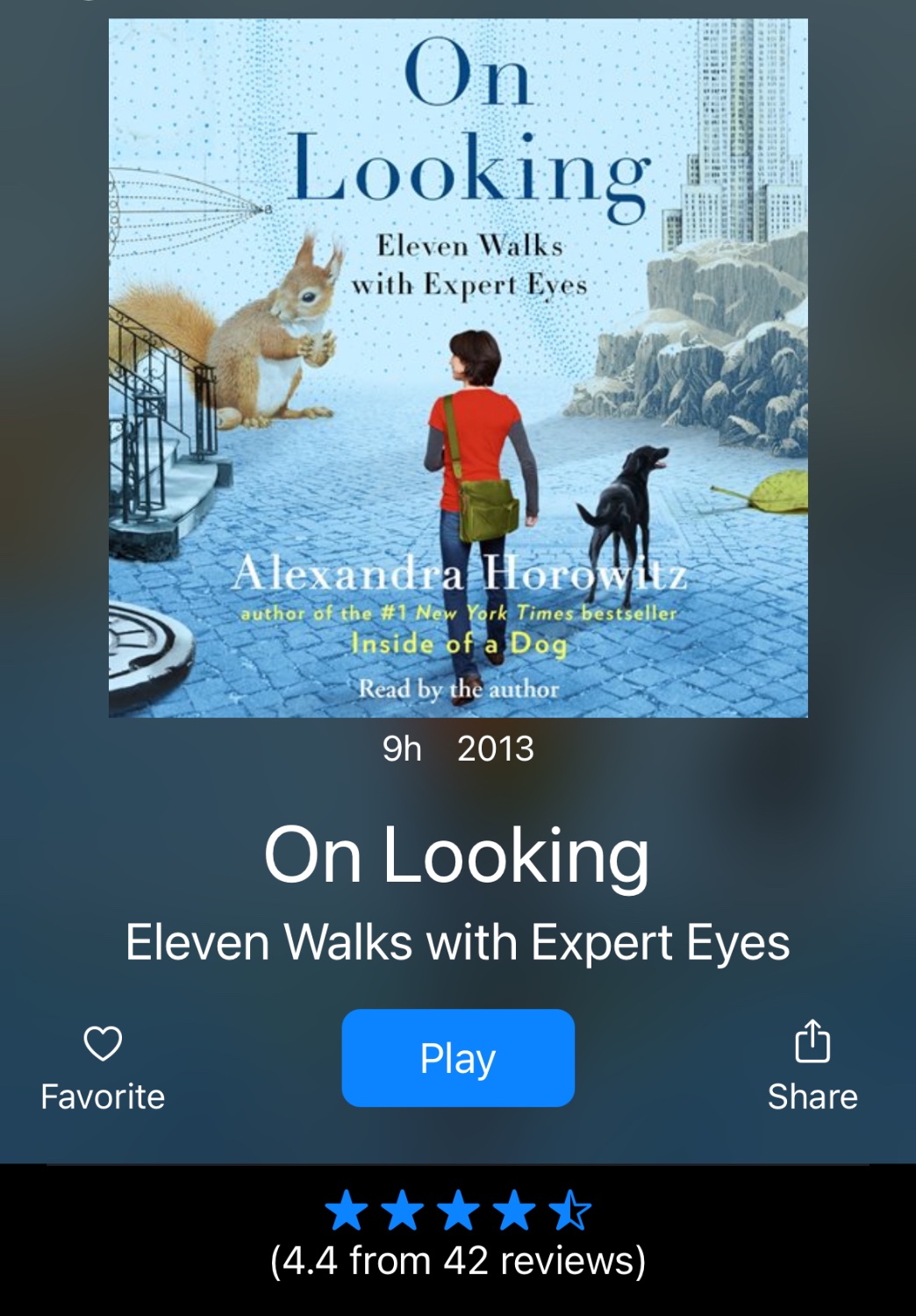- cross-posted to:
- lemmybewholesome@lemmy.world
- cross-posted to:
- lemmybewholesome@lemmy.world
Yes, personal finance is important to teach in school, but teaching this gives young people the ability to keep the sense of wonder they’re born with. It’s the deepest answer to, “When will we ever use this?” for topics that don’t (seem to) have an immediate use. You never know what learning you’ll use in your life.
People advocating for teaching of personal finance and taxes in schools were always the ones not paying attention.
I know this because I’ve seen them say that, I’ve also seen them not pay attention when the topic was addressed when they were in high school. Many of these topics are mandatory in Scottish High schools and have been for most millennials and younger.
Anyone that can comprehend the most basic algebra and statistics a secondary education would give you can understand taxes and finance from free accessible websites/library books. Best practices for personal finance and tax laws may change, so your likely to have to learn some of it again. It’s vital schools provide the more abstract but timeless skills of maths, reasoning, reading and comprehension.
finance and taxes aren’t taught in American public schools. Finance is a requirement for business college though.
They’ll use it when they take a deeper look into something because their curiosity that we fostered was piqued and they discover something new and interesting about our world, adding it to our collective knowledge.
And for those who have kids that don’t. That’s fine too. Not everyone is born exceptional or super interested in this kinda shit. That’s fine too. Most of what makes a person themselves is genetic anyway.
Parenting can try to dull or hone those edges to something wicked or calmer if needed though. Even then, brains are different. Don’t be surprised when they are.
As an expert in technology all I ever see when I’m walking around places with technology is how fucking terrible it all is. It’s never wonderful.
Agreed
This reminds me of the time I went camping with my cousin, we picked a campsite that is about halfway for both of us and when we get there and setup this blue jay comes flying by and lands on our table and my cousin and his wife are going crazy, they do bird watching as a hobby and were stoked to see the blue jay.
I felt so odd because we have so many at our place to the point they lay eggs in our bushes and they wake us up with their calls and it’s weird to think that only a few hours away from the campsite where my cousin lives they don’t have any
Yeah, my wife’s family lives up in the northern US. We live in the south. The first time they came to visit, her uncle was stoked to see a mockingbird. It was funny to me, because they’re practically everywhere in the south.
He was less stoked when he got attacked by said mockingbird, because it was nesting season and he was too close to the nest.

From the author of the #1 New York Times bestseller Inside of a Dog and The Year of the Puppy, this “elegant and entertaining” (The Boston Globe) explanation of how humans perceive their environments “does more than open our eyes…opens our hearts and minds, too, gently awakening us to a world-in fact, many worlds-we’ve been missing” (USA TODAY).
Alexandra Horowitz shows us how to see the spectacle of the ordinary-to practice, as Sir Arthur Conan Doyle put it, “the observation of trifles.” Structured around a series of eleven walks the author takes, mostly in her Manhattan neighborhood, On Looking features experts on a diverse range of subjects, including an urban sociologist, the well-known artist Maira Kalman, a geologist, a physician, and a sound designer. Horowitz also walks with a child and a dog to see the world as they perceive it. What they see, how they see it, and why most of us do not see the same things reveal the startling power of human attention and the cognitive aspects of what it means to be an expert observer.
Page by page, Horowitz shows how much more there is to see-if only we would really look. Trained as a cognitive scientist, she discovers a feast of fascinating detail, all explained with her generous humor and self-deprecating tone. So turn off the phone and other electronic devices and be in the real world-where strangers communicate by geometry as they walk toward one another, where sounds reveal shadows, where posture can display humility, and the underside of a leaf unveils a Lilliputian universe-where, indeed, there are worlds within worlds within worlds.
From the author of the #1 New York Times mega-bestseller Inside of a Dog comes an equally smart, delightful, and startling exploration of how we perceive our surroundings. You are missing at least eighty percent of what is happening around you right now. You are missing what is happening in your body, in the distance, and right in front of you. In reading these words, you are ignoring an unthinkably large amount of information that continues to bombard all of your senses. The hum of the fluorescent lights; the ambient noise in the room; the feeling of the chair against your legs or back; your tongue touching the roof of your mouth; the tension you are holding in your shoulders or jaw; the constant hum of traffic or a distant lawnmower; the blurred view of your own shoulders and torso in your peripheral vision; a chirp of a bug or whine of a kitchen appliance. Hidden in Plain Sight begins with inattention. It is not meant to help you focus on your reading of Tolstoy; it is not about how to multitask. It is not about how to avoid falling asleep at a lecture or during your grandfather’s tales of boyhood misadventures. Rather, it is about attending to the joys of the unattended, the perceived “ordinary.” Horowitz encourages us to rediscover the extraordinary things that we are missing in our ordinary activities. Even when engaged in the simplest of activities—taking a walk around the block—we pay so little attention to most of what is right before us that we are sleepwalkers in our own lives. So turn off the phone and portable electronics and get into the real world, where you’ll find there are worlds within worlds within worlds.
Snagged it! via library’s free Hoopla (like Libby)
Thanks, it does look awesome!
How does hoopla compare to Libby? I’ve no experience with it but it looks like it’s essentially equivalent (as far as books goes, at least)
So all I have to do to appreciate the things around me is become a world renowned expert in something super specific.
Cool cool cool cool cool cool cool. No problem.
I know you’re taking the piss but the point of it is really to take a moment to look more closely at what’s around.
I saw a great Japanese movie recently called Perfect Days. The lead in it is a toilet cleaner in Tokyo leading a very simple life but he revels in the beauty in all he sees.
It honestly changed my worldview a little. Can’t recommend the movie enough.
I’ll take a look. Thanks.
Just dabbling in general science might help.
Look at that tree. Where does it come from? A bunch of random atoms somehow decided to make a tree. Out of what? If we burn a tree, all we get is a little ash. That ash is the only solid chemicals that the tree got from the ground. What was the rest made of? Where did it come from? Photosynthesis tells us that the rest of the tree came from the air. 90% of every tree is just conjured from air.
We’re surrounded everywhere by giant air crystals.
What makes atoms want to get together and form those?
Tons of fascinating questions if you think about it.
No, just be curious.
I mean, you’re technically the leading expert on you, so that’s a start.
Damn I’m reading that asap
Yep same, just placed it on hold at the Library.
Graphic designer (vaguely aware of typography). I’d love to see what city block they walked through, because walking through a city block mostly makes me feel annoyed at the amateur typography on display. Papyrus, Brush Script MT, Curlz, Comic Sans, and Algerian, all just out there in the wild, doing whatever the fuck they’re doing.
Man as a full stack dev nothing has given me more trouble than fonts. So many options for so many use cases yet 80% of them just look the same to me.
Just use Papyrus all the time, as I’m sure /u/paddirn would agree.
Thanks for the advice.
They’re probably talking about things like street signs: https://ktla.com/news/local-news/the-font-on-your-highway-sign-tells-the-story-of-a-decades-long-battle/
getting into plants was like this for me but only in natural areas because the vast majority of human placed plants in my area are non-native. like just living here is not enough, they need to do settler-colonialism with the plants too.
100%. Also, this is a completely different statement thanks to the “l” left out of “plants”.
It’s crazy how many invasive species are popular in urban areas.
lol
getting into pants was like this for me but only in natural areas
I spent way too long trying to figure out what this meant. Did you just start literally getting into (i.e. wearing) pants? Is it a sex metaphor? Did you develop a hobbyist interest in one specific type of clothing?
And then I read on and realised all that mental effort was wasted because it was just a mildly amusing typo. Ah well, thanks for the chuckle.
Thanks for the recommendation! Will add this to my reading list.
Well I like video games; why are so many videos games shit in recent years? 🤔
They’re designed by shareholders instead of people who enjoy games. No publicly traded development studio is worth following
i wasn’t really taught this as a kid but somehow i still hang on to that natural wonder of seemingly “normal” things like typography on a sign or the root systems of various types of trees.
never go away, innate curiosity
this is true. every place is full of wonderful stuff!!! you just have to see and explore everything carefully!! you could find a huge amount of awesome and very nice things
The flesh-eating bacterium that’s infected your pancreas is a truly remarkable specimen, but you’re too much like “oh GOD, my INSIDES!” to appreciate it.
Ouais…
I generally like Edgar Allan Poe, but this meme is why “Sonnet - To Science” is a bad take. (EDIT: Sorry I can’t figure out how to format it correctly here)
Science! true daughter of Old Time thou art!
Who alterest all things with thy peering eyes.
Why preyest thou thus upon the poet’s heart,
Vulture, whose wings are dull realities?
How should he love thee? or how deem thee wise,
Who wouldst not leave him in his wandering
To seek for treasure in the jewelled skies,
Albeit he soared with an undaunted wing?
Hast thou not dragged Diana from her car,
And driven the Hamadryad from the wood
To seek a shelter in some happier star?
Hast thou not torn the Naiad from her flood,
The Elfin from the green grass, and from me
The summer dream beneath the tamarind tree?
deleted by creator











